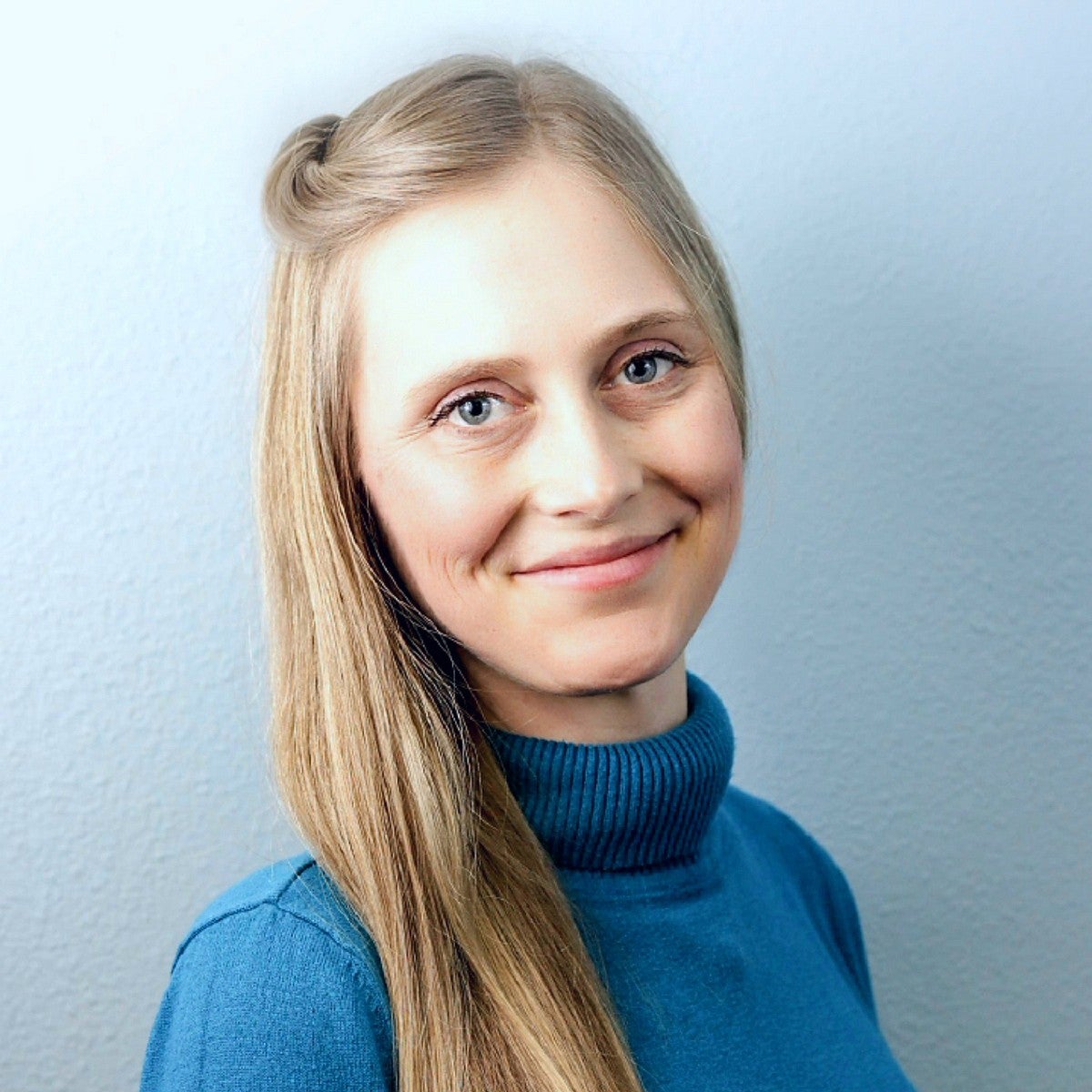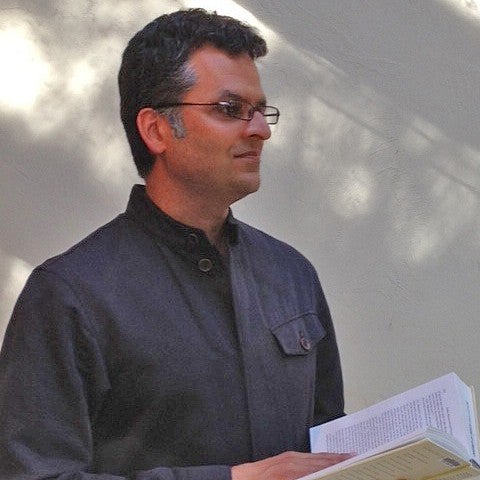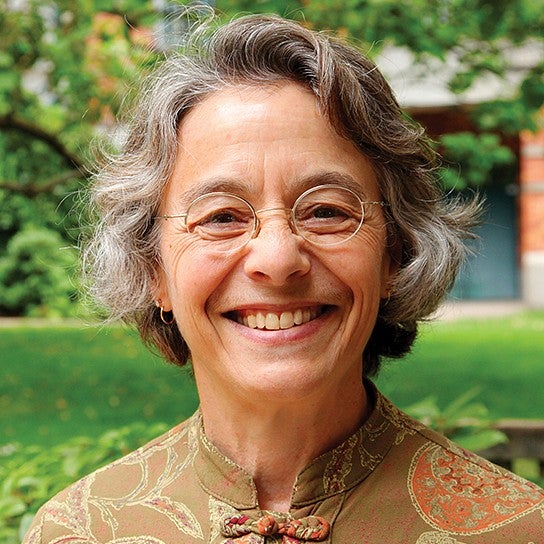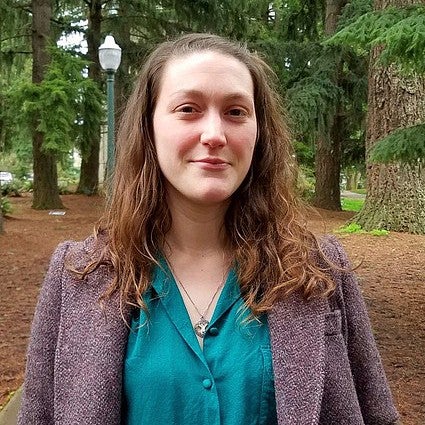Join us in exploring intersections between science, politics, policy, and justice.
Over the two years of this theme, we will contemplate a number of overarching questions about the relationship between scientific research, decision-making, and the public interest.
How are scientists and their communities engaging with the public and shaping policy discussions?
What are the consequences when science is politicized and doubt is cast on empirical methods?
Who has the ability to exert political power, pass or reject laws, make educated decisions about natural hazards or medical technologies, and access resources and services related to environmental and bodily health?
2020-21 Focus: Genetic Technologies: Identity, Equality, Ethics
During 2020-21, we will focus on the implications of genetic technologies for disease and disability, for the unequal distribution of benefits and harms, and for privacy. From gene editing to 23andMe, from university laboratories and corporate research parks to hospitals, from designer babies to cancer treatment, genetic technologies raise a host of questions about identity, equality, and ethics.
What conversations about these technologies are—and should be--taking place among researchers, in the business community, and in U.S. government at all levels as well as internationally? What space exists for public education and input and what form should those take?
Past Events
[uocalendar{types:34113586739664;distinct:false;past:1;photo:showall;mintoshow:1;quantity:20;}]
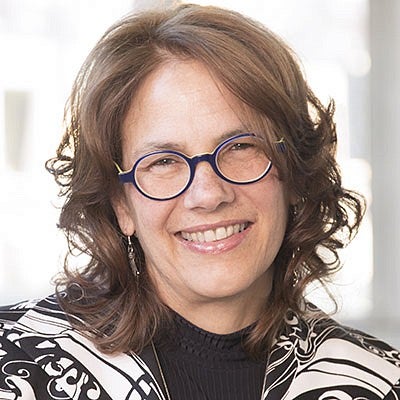
2020-21 Wayne Morse Chair of Law and Politics
Françoise Baylis is a bioethicist and university research professor at Dalhousie University, Nova Scotia. A philosopher whose innovative research in bioethics lies at the intersection of policy and practice, she challenges readers to think broadly and deeply about the direction of health, science and biotechnology.
Project Grants
Beyond Toxics and NAACP Eugene-Springfield will host the rescheduled Oregon Environmental Justice Pathways Summit April 9-10, 2021, at the University of Oregon. The summit brings together frontline communities, government officials, students, and scholars to develop a resource document that communities and policymakers can follow to embed an environmental justice framework in policy and practice. See past Environmental Justice Pathways webinars.
Classroom Law Project will offer an interactive digital workshop titled Civic Engagement and BioTechnology Ethics: Equity and Public Health Policy on October 9, 2020. Developed specifically for science and social studies teachers (grades 5 -12), this workshop focuses on how to engage students, both in traditional classrooms and remotely, with the ways ethical policy decisions about biotechnology and healthcare can create more equity within communities. Using the Project Citizen: Civics in Action! framework, Classroom Law Project will show how this inquiry-based methodology can engage students and empower them during a time of uncertainty.
Assistant Professor Maxwell Foxman (SOJC) will prototype a board game titled WildFire, created with journalism graduate student Robin FitzClemen, in which players cooperate to put out uncontrollable blazes over the course of multiple fire seasons using real-time climate data to simulate environmental conditions. The goal is to provide players with a novel means of experiencing the trials and tribulations of dealing with wildfires in the context of global and local climate change. Based on serious game design methodology, WildFire will be play-tested throughout the year with key stakeholders, including firefighters, educators, government officials and journalists, in order to maximize its potential to inform the public.
Carol Cruzan Morton Working with the The Oregonian/OregonLive, science journalist Carol Cruzan Morton will report on new therapeutic gene editing technologies. The reporting will focus on Oregon research and explore the quickly advancing science and implications of deliberate and accidental genetic changes that may extend through generations. The project will help inform the perspectives and conversations of policy makers and citizens.
Associate Professor Nicolae Morar (Environmental Studies & Philosophy), along with Bryan Cwik from Portland State University, will host a workshop at UO during winter term featuring a team of international experts discussing ethical, political and policy issues related to the distribution of access to gene editing. The workshop will explore questions of reproductive medicine, genetic technologies, and justice, as well as concerns about the downstream social impacts of these biotechnologies. The speakers will also consider possible solutions to these bioethical problems.
The Museum of Natural and Cultural History, adapting to the uncertainties brought about by COVID-19, will offer a robust and varied array of virtual, in-person, and “take out” programming related to genetic diversity and genetic engineering that is designed to engage UO faculty and students, community members, youth and families. The effort includes creating an online version of its anchor exhibit, Explore Oregon, hosting a lecture series examining de-extinction and the ethics of genetic modification, and providing science craft kits to UO students and children. Visit the museum’s website for programming news.
Science Policy Education and Dialogue, a group launched by undergraduate students Rose Kordahl (Chemistry, Political Science) and Maya Pande (Biochemistry, Political Science), will bridge the gap between the disciplines of science, social studies, and the humanities by fostering open and tolerant discussions on complex policy issues and exploring the role of scientists in public policy.
Adam Spencer, MS (UO School of Journalism and Communication), working with the Clackamas River Basin Council, has created Clackamas360, a virtual field trip of the Clackamas River Basin that harnesses drone photography and video to teach geography, wildlife biology and watershed conservation to high school students in the Clackamas area. The project will be hosted on a 360-degree website, with informational text and photography to correspond with workbook assignments. CRBC staff members will join high school classes via teleconferencing to introduce each lesson and show students how to navigate the website, with follow-up visits to discuss the lessons and assignments and consider how the students can actively participate in watershed stewardship.

